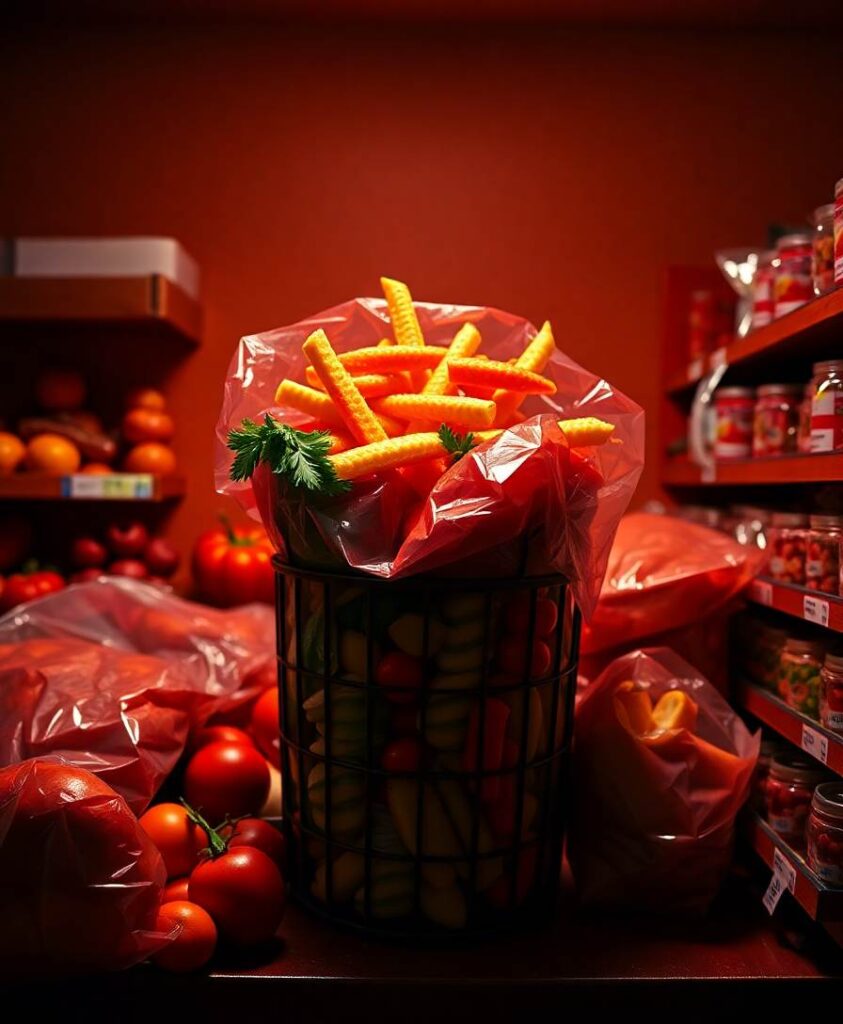These discoveries arrive at a practical moment. Farmers face rising disease pressure and shrinking supplies of traditional soil amendments, while consumers want safer, more natural ways to support digestion and cellular health. Turning radish and beet greens into gut-supporting extracts or replacing peat with composted coconut fibers reduces landfill burden and offers alternative value chains that are gentler on ecosystems. The science behind these conversions is grounded in chemistry and biology, and it’s being tested where it matters.

Learning how to move from lab results to tools people can use will determine how big this idea grows. For communities, policymakers, and companies, the promise of food-waste innovations is about more than efficiency; it is about building systems that include farmers, workers, and consumers in a fair transition. Follow the research to see which feedstocks scale, which practices protect biodiversity, and how new products might expand who benefits from this quiet revolution.
Researchers are finding extraordinary new uses for what we throw away. Beet pulp may help crops resist disease, while composted coconut fibers could replace peat moss. Discarded radish and beet greens are rich in bioactive compounds that boost gut health and protect cells. Food waste is rapidly becoming a source of sustainable solutions for both agriculture and health.




